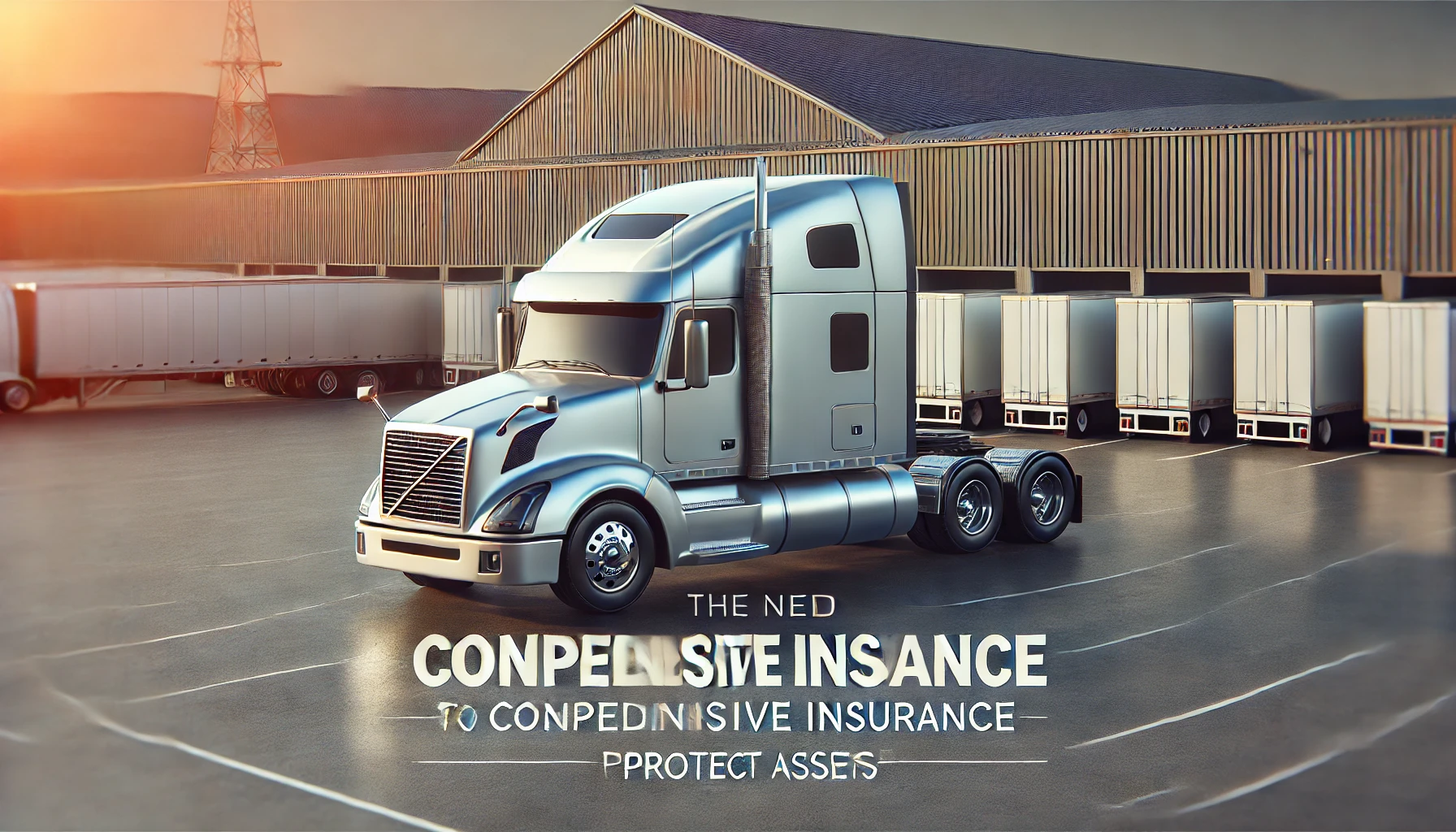Driving a semi-truck comes with significant responsibilities, not just for the driver but also for the business and cargo. With so much at stake, having the right Insurance For A Semi Truck is essential. This type of insurance covers everything from liability protection to damage caused by accidents, theft, and natural disasters. By securing comprehensive coverage, truck owners can focus on their work without worrying about unexpected financial losses.
Insurance For A Semi Truck is designed to protect both the vehicle and the business. It ensures that in the event of an accident, repair costs, medical expenses, and potential lawsuits won’t drain your resources. Understanding the types of coverage available and how they work can help you make the best decisions for your trucking operation.

Why Do You Need Insurance For A Semi Truck?
Semi-trucks are a critical part of the transportation and logistics industry, moving goods across vast distances. However, the risks associated with driving such large vehicles are high. From road accidents to breakdowns, having the right Insurance For A Semi Truck is vital to ensure financial protection for both the driver and the company. Without insurance, an accident could result in massive out-of-pocket expenses, not only for repairing the truck but also for potential liabilities involving other vehicles.
Moreover, many states and federal regulations mandate that semi-trucks carry a certain level of insurance. Failing to comply with these requirements could result in hefty fines or even the suspension of business operations. Having comprehensive insurance not only keeps your business legal but also safeguards your financial future.
Types of Coverage for Semi Trucks
Insurance For A Semi Truck comes with various coverage options designed to meet the specific needs of the trucking industry:
Primary Liability Insurance: This is the most basic type of insurance required by law. It covers damages or injuries you cause to others in an accident. Without this coverage, you could be held personally responsible for costly lawsuits.
Physical Damage Insurance: This insurance covers damage to your truck caused by accidents, theft, vandalism, or natural disasters. Whether it’s a minor fender bender or a major collision, this policy ensures that repair costs are covered.
Cargo Insurance: If you’re hauling valuable cargo, you’ll want this coverage. It protects the goods you’re transporting in case of damage, theft, or loss during transit.
How to Choose the Right Insurance For A Semi Truck
Choosing the right Insurance For A Semi Truck involves understanding your business needs and risks. Consider factors like the type of cargo you haul, the distances you travel, and whether you operate alone or have a fleet of trucks. Each of these factors will influence the level of coverage you need.

Filing a Claim for Semi Truck Insurance
If you ever need to file a claim under your Insurance For A Semi Truck policy, understanding the process can make it easier to navigate:
Step 1: Contact your insurance provider as soon as possible. Provide details about the incident, including photos, police reports, and witness statements if available.
Step 2: Work with your insurance adjuster to assess the damages or losses. They will evaluate your claim and determine how much compensation you’re entitled to under your policy.
Step 3: Once approved, you’ll receive the funds needed to repair your truck or cover any medical expenses or liabilities.
Conclusion
Investing in the right Insurance For A Semi Truck is essential for the long-term success of your trucking business. With the proper coverage, you can drive confidently, knowing that you’re protected from financial losses caused by accidents, damage, or theft. Whether you’re an owner-operator or manage a fleet, securing comprehensive semi-truck insurance will ensure your business stays on the road, no matter what challenges you face.
